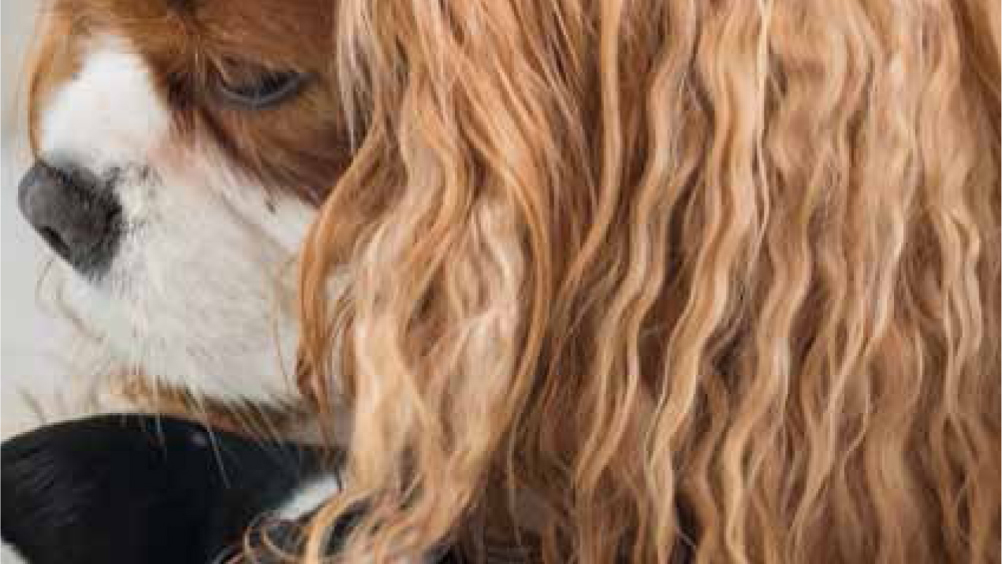References
Breeders' role and responsibilities in the long-term behavioural health of canines

Abstract
The UK Government and other animal welfare agencies have recognised that many future behavioural problems in companion dogs are caused by poor breeding practices and environments, which do not prepare the dogs for a future life as pets in a home. The registered veterinary nurse (RVN) is ideally placed within veterinary practices to offer advice to breeders to ensure better breeding practices that will help each puppy cope with a future life as a pet. While breeders have exploited physical phenotypes to influence the appearance of dogs, it is less well known that puppies may inherit both desirable and undesirable behavioural traits. Breeders may also influence environmental factors, before and after the puppies are born, which have a greater impact on the dogs' future behaviour than genetic influences. From birth, puppies undergo key stages in behavioural development, which may be positively influenced by the breeder to ensure a robust behavioural development.
Special consideration should be given to those puppies that are hand reared, orphaned, rejected by their dam, or born by Caesarean section, as these puppies are more likely to develop behavioural issues associated with anxiety and stress. This paper highlights simple strategies that the author, who is an experienced breeder and a Clinical Animal Behaviourist, has utilised with puppies.
Breeders breed for many reasons. However, whatever the motivation, most dogs bred will become pets in a home. Conscientious dog breeders want healthy dogs and aim to produce puppies that are free from hereditary medical conditions. Less well recognised is the fact that dogs need to be behaviourally healthy too and that breeders play an essential role in producing behaviourally or temperamentally sound puppies (Czerwinski et al, 2016). Good genes and early life experiences (up to 8 weeks) are most important to behavioural development in dogs, and this is in the hands of the breeder.
While caregivers are often blamed for their dogs' behavioural issues, the dogs may be victims of poor breeding practices/environments that failed to prepare them for life as pets in a home (Foyer et al, 2016). The UK Government has recognised this and is currently developing a range of proposals (UK Government, 2017) aimed at improving the welfare of the nation's puppies and their suitability as pets. However, this could be extended further by producing a code of recommendations for the rearing of puppies, designed, in part, to ensure both the physical and behavioural health of puppies bred. In the meantime, there is a need for informed discussion as to what makes a behaviourally aware breeder.
Register now to continue reading
Thank you for visiting The Veterinary Nurse and reading some of our peer-reviewed content for veterinary professionals. To continue reading this article, please register today.

